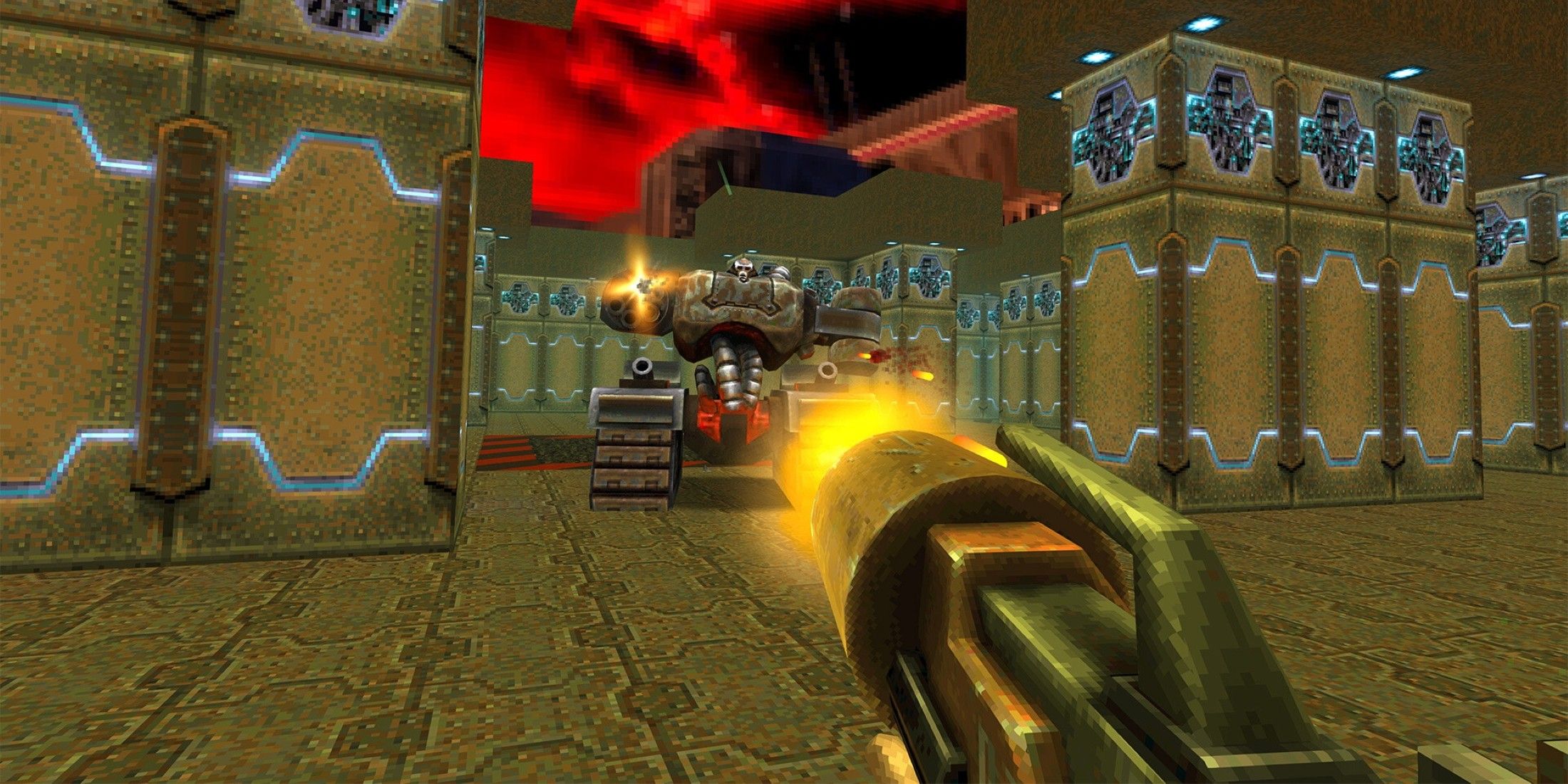
Summary
- Microsoft released an AI-generated Quake 2 remake, sparking criticism from fans for poor performance.
- Fans pointed out low frame rates and flaws in the AI-generated content.
- Concerns arise over the use of AI in game development, with fears that it may jeopardize human developers’ jobs.
Microsoft recently revealed a reimagining of Quake 2, crafted with AI, which has not been met with warm reception by many gaming enthusiasts. As AI’s role in video games expands and gains more attention, opinions about its use have become increasingly polarized. However, certain studios continue to express optimism about the technology’s potential. Microsoft’s Quake 2 project serves as another illustration of the divide between fans and game developers when it comes to embracing AI.
Microsoft initially introduced its game-creating model, Muse, showcasing how AI could resurrect classic games, and now they’ve taken that idea for a spin. Their in-browser demo recreates the 1997 First-Person Shooter (FPS) hit, Quake 2, entirely by means of artificial intelligence. Microsoft might have been thrilled with this achievement, but it seems the fans didn’t share the same enthusiasm about the idea.
On April 5, Microsoft unveiled an AI-created demonstration of Quake 2, and it didn’t take long for fans to voice their concerns on social media. Some argued that it offered no real benefit over playing the original game, yet required significantly more energy. Others raised concerns about the potential long-term effects on human developers. Despite this demo being just a prototype, Microsoft CEO Satya Nadella hinted at the possibility of Muse generating entire games in the future, which has sparked anxiety among some due to potential job losses for human developers.
Fans Criticize Microsoft’s AI Quake 2 Demo for Poor Performance and Developer Impact
The AI-generated reboot of the classic game appears to run less smoothly than its decades-old counterpart, according to numerous responses. Fans have pinpointed issues such as low frame rates and blurring between frames that reveal its artificial origins. Moreover, they argue that it doesn’t signify a leap in technology because even AI-generated content based on the original Quake 2 code still necessitates human input for the initial creation of the game. The general consensus seems to mirror past concerns about AI in gaming, with many fearing that its widespread use could tarnish studios’ reputations, despite cost savings being a motivating factor for companies. For instance, Samantha Béart, an actor from Baldur’s Gate 3, has warned that generative AI might harm studios’ standing.
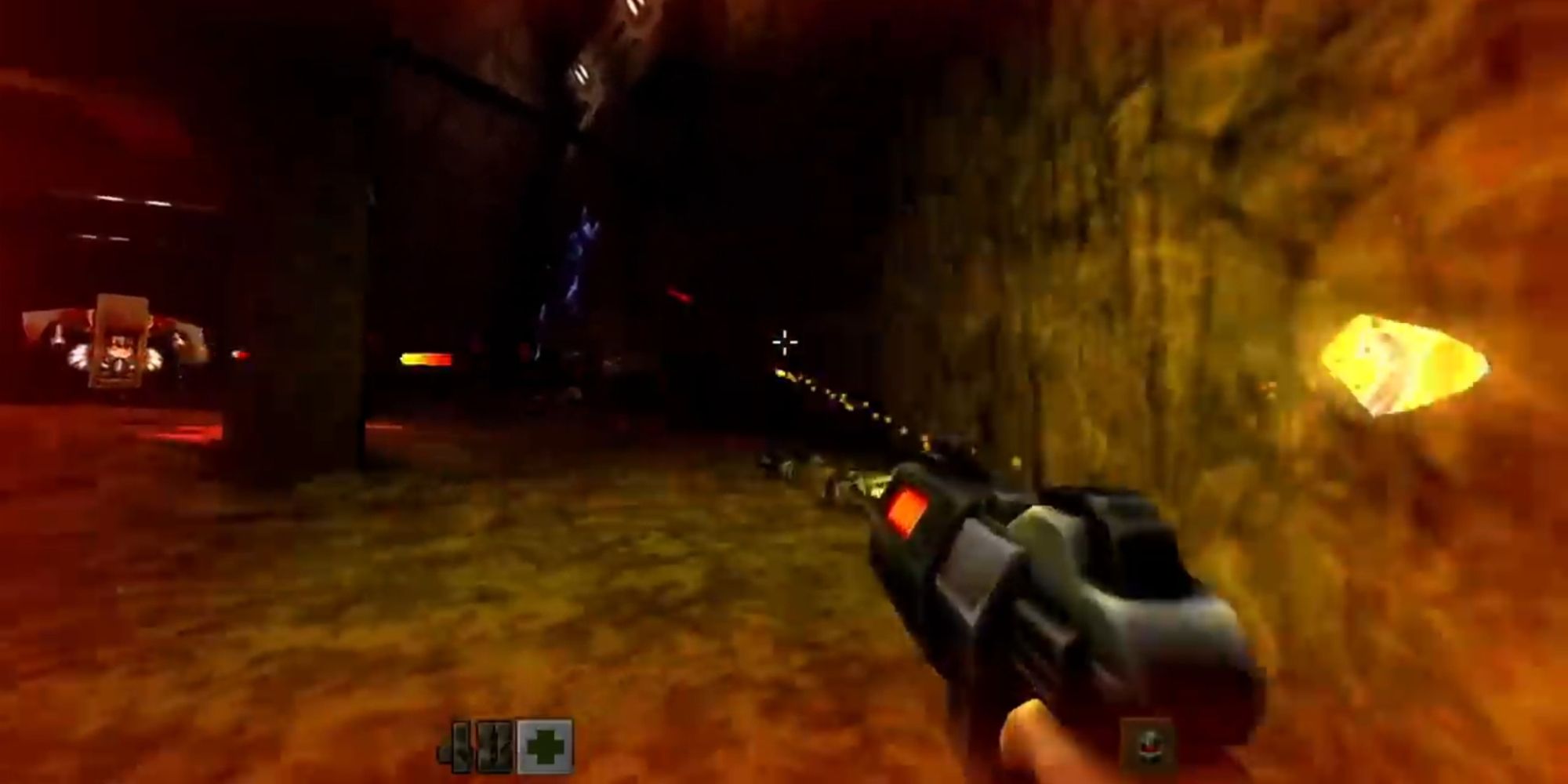
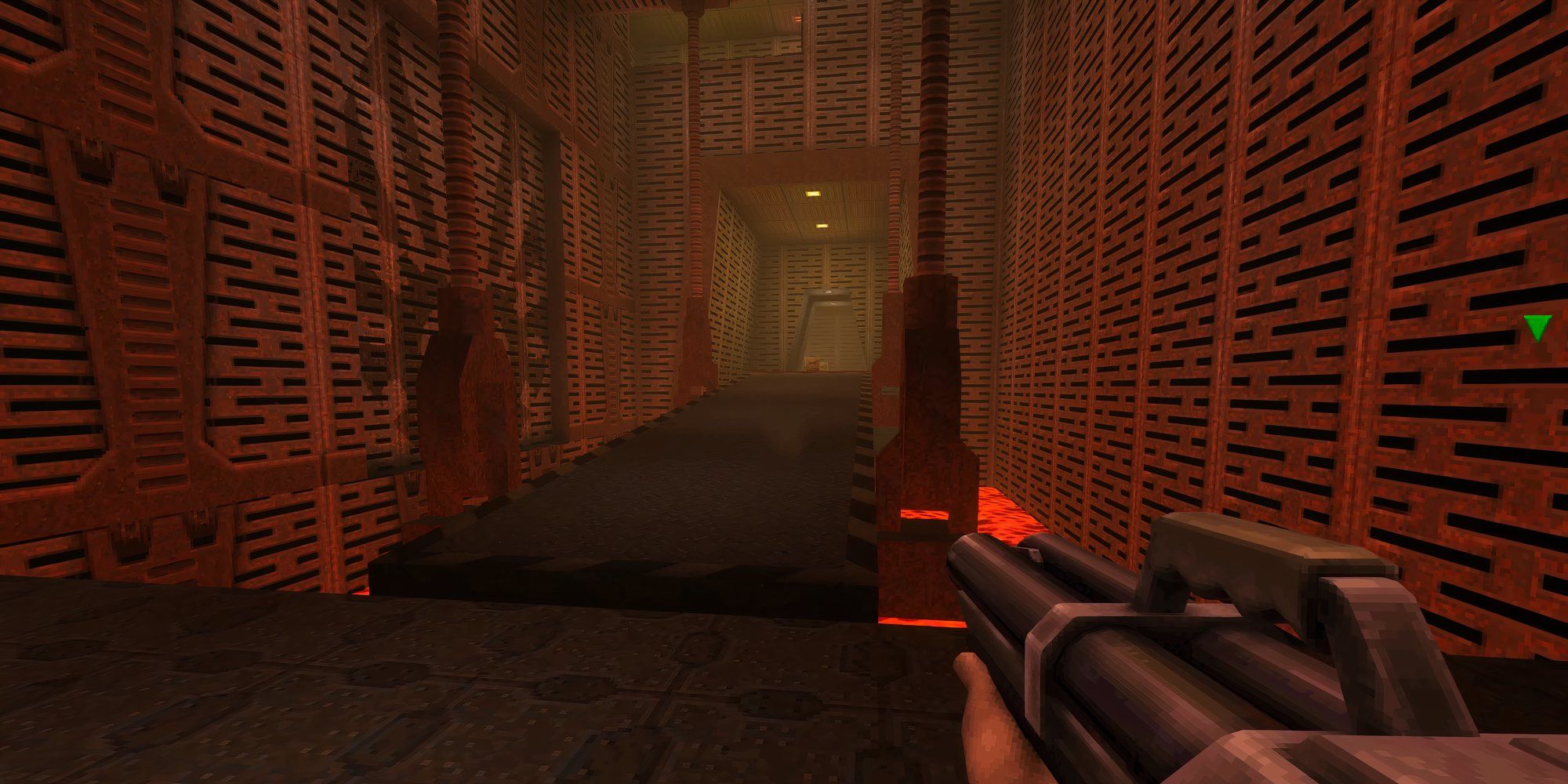
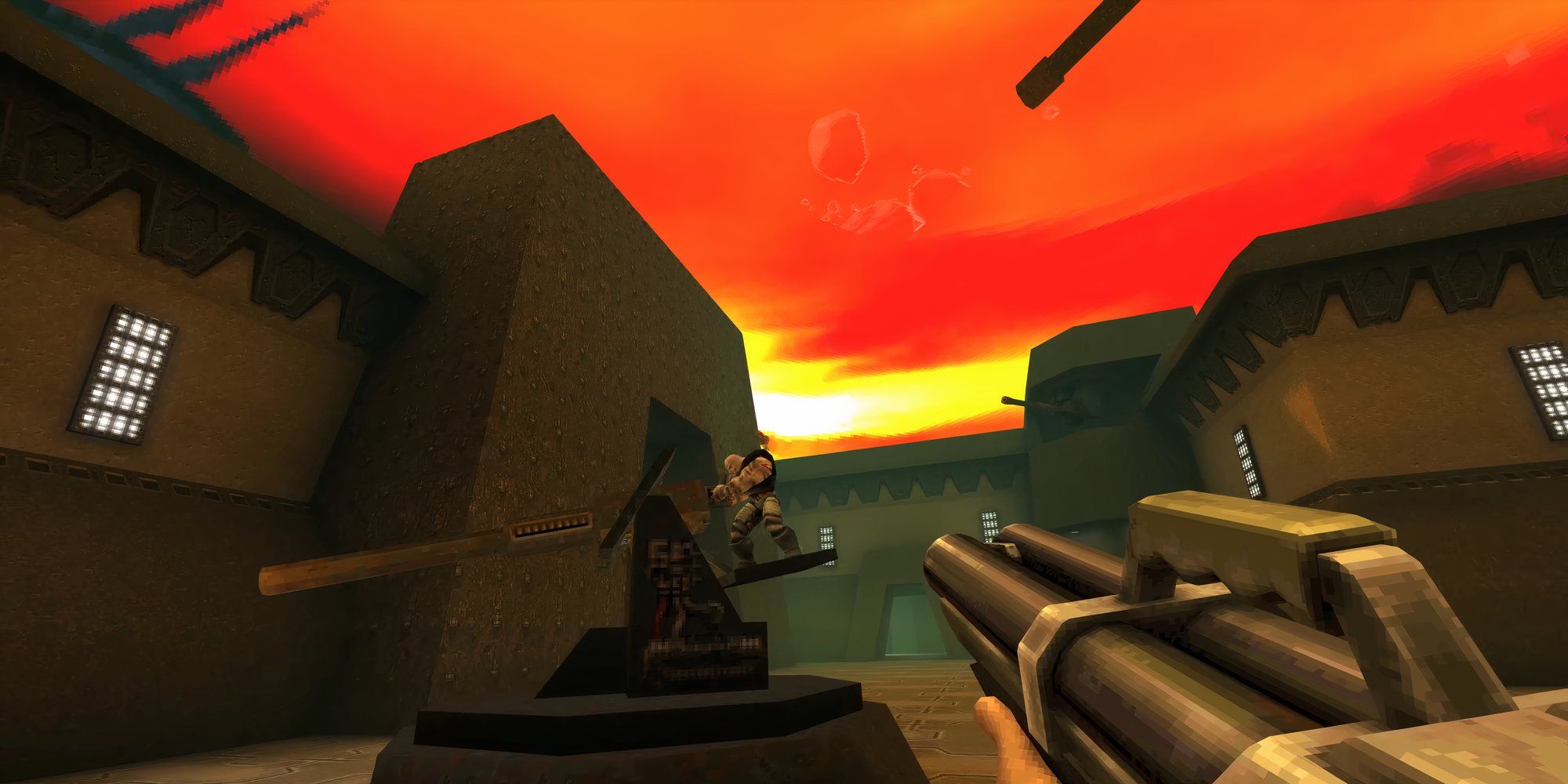
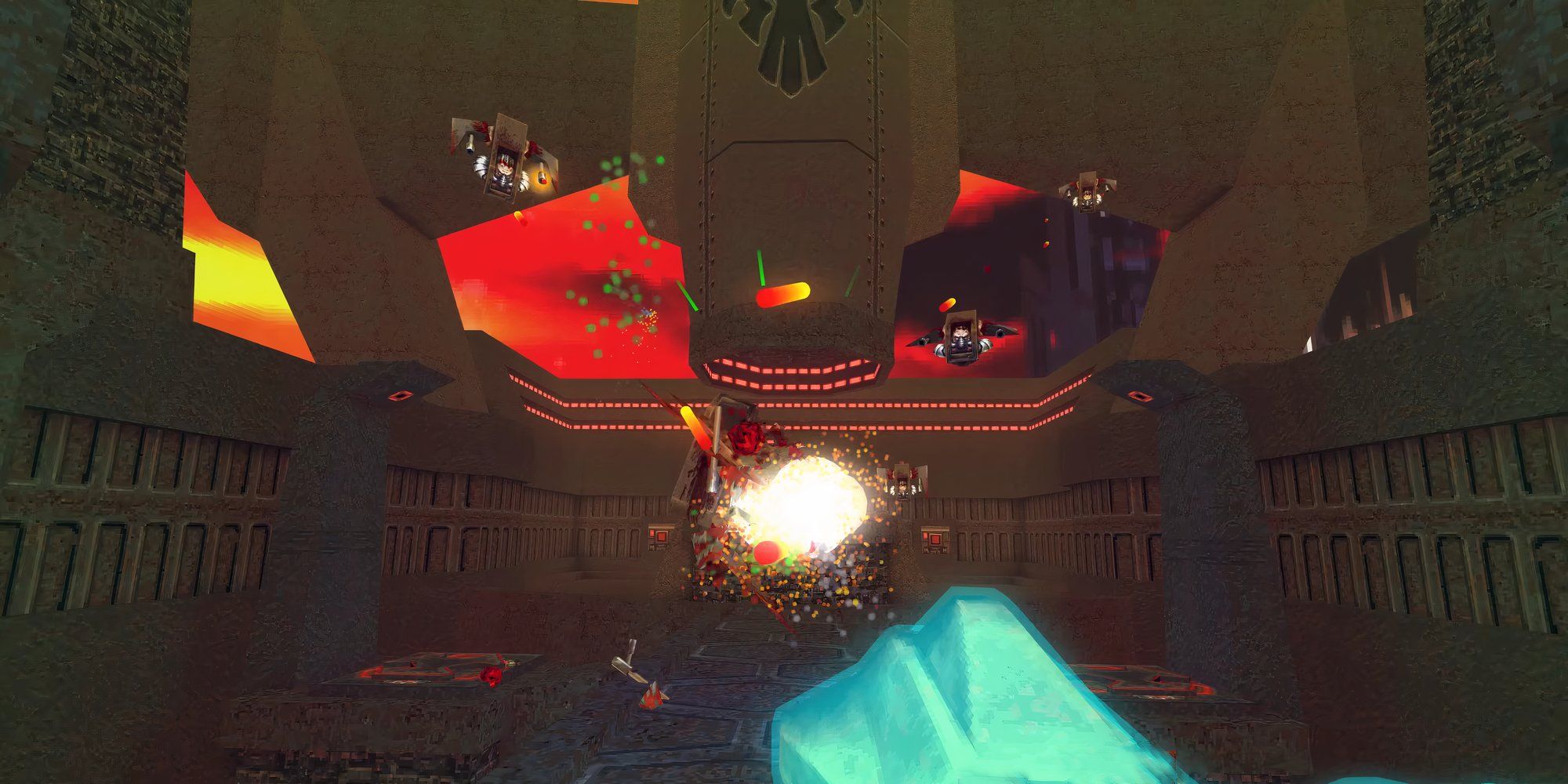
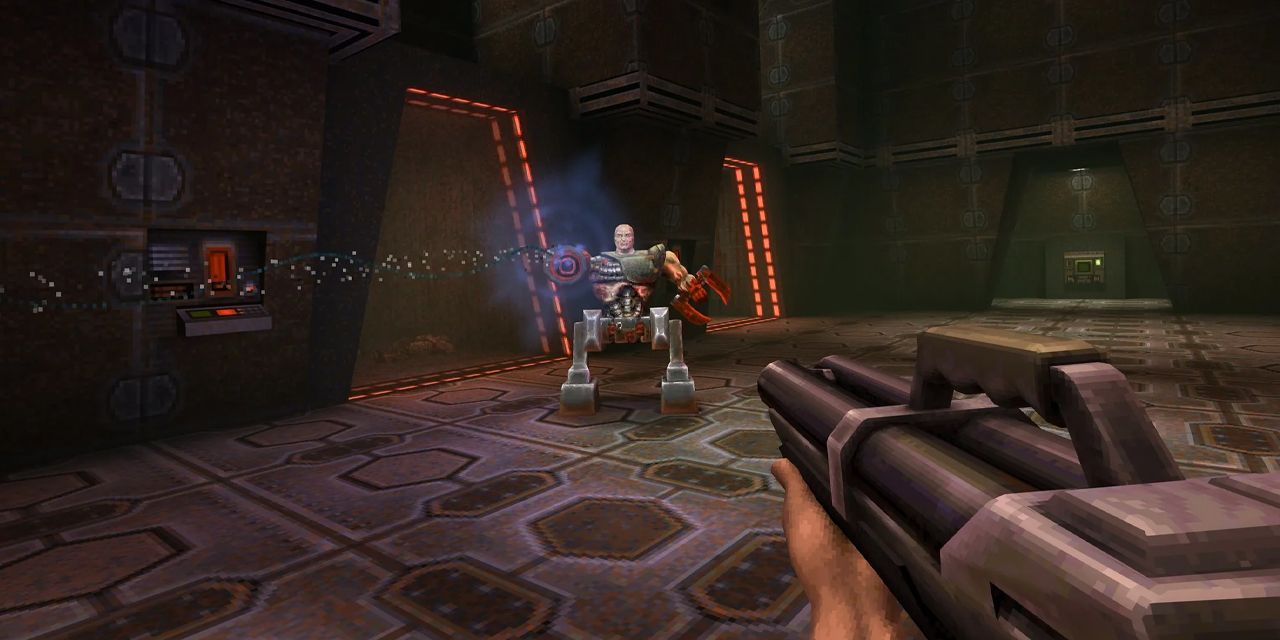
It’s unclear where Microsoft plans to steer Muse now, as other companies have also dabbled in using AI to create game sequences or assets. For instance, Capcom recently disclosed they’re exploring AI in development, but their method appears more geared towards sparking creativity among developers rather than fully automating asset creation. However, one thing is clear: the idea of AI-generated games doesn’t exactly excite many gamers.
Read More
- God Of War: Sons Of Sparta – Interactive Map
- Poppy Playtime 5: Battery Locations & Locker Code for Huggy Escape Room
- Overwatch is Nerfing One of Its New Heroes From Reign of Talon Season 1
- Someone Made a SNES-Like Version of Super Mario Bros. Wonder, and You Can Play it for Free
- Poppy Playtime Chapter 5: Engineering Workshop Locker Keypad Code Guide
- Meet the Tarot Club’s Mightiest: Ranking Lord Of Mysteries’ Most Powerful Beyonders
- Why Aave is Making Waves with $1B in Tokenized Assets – You Won’t Believe This!
- One Piece Chapter 1175 Preview, Release Date, And What To Expect
- Bleach: Rebirth of Souls Shocks Fans With 8 Missing Icons!
- All Kamurocho Locker Keys in Yakuza Kiwami 3
2025-04-06 18:44